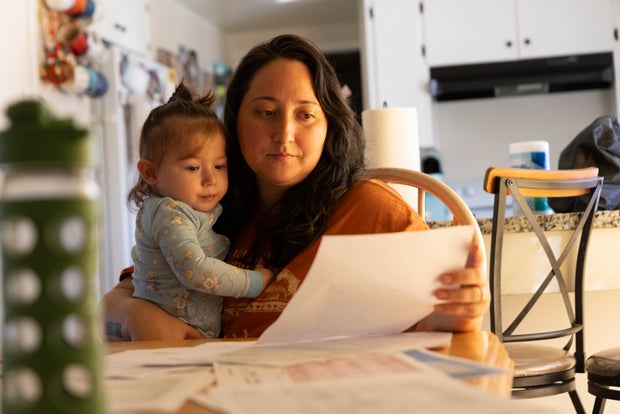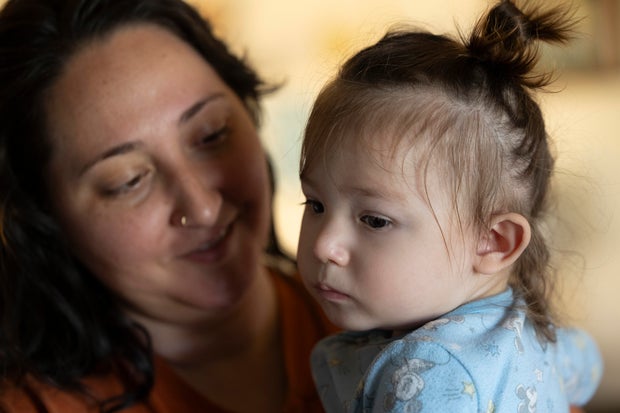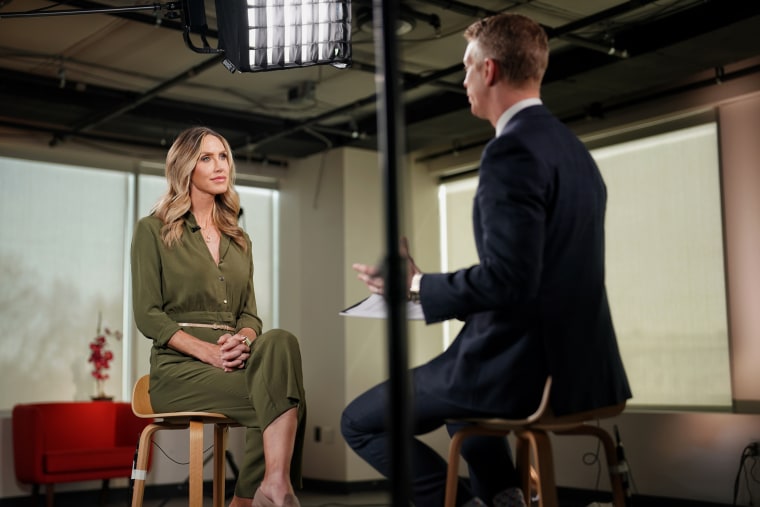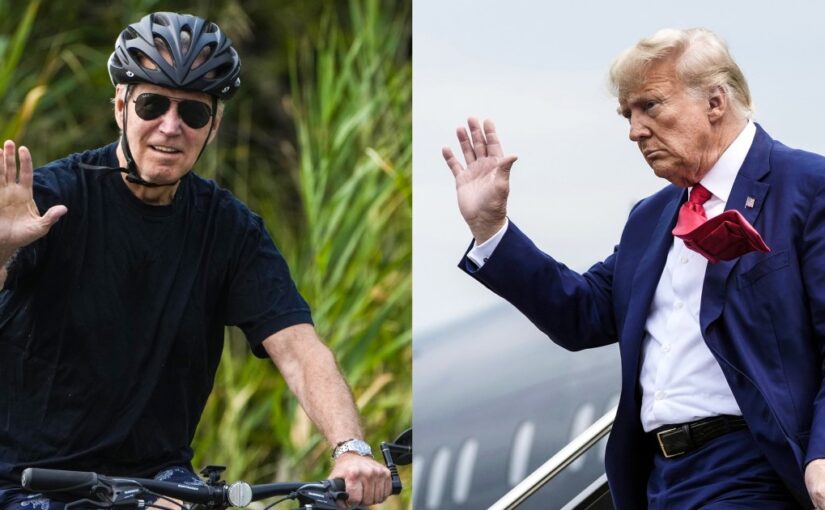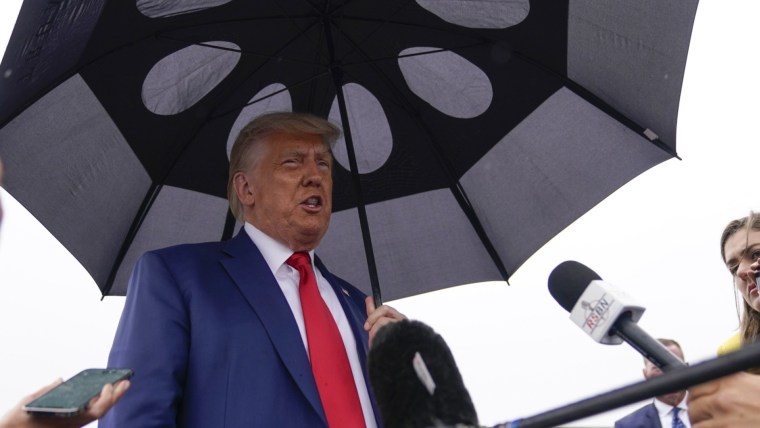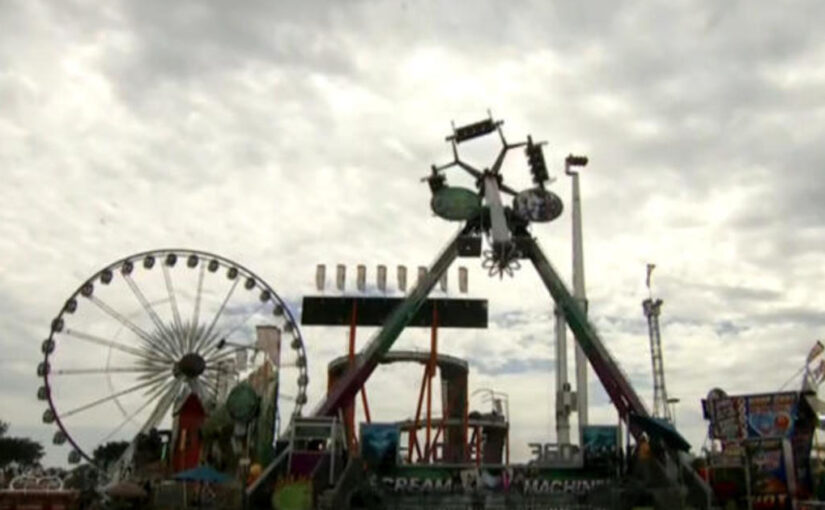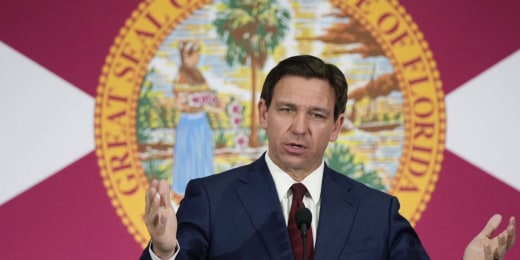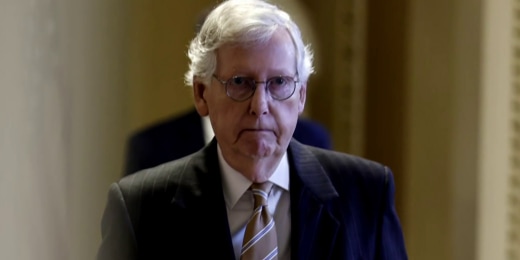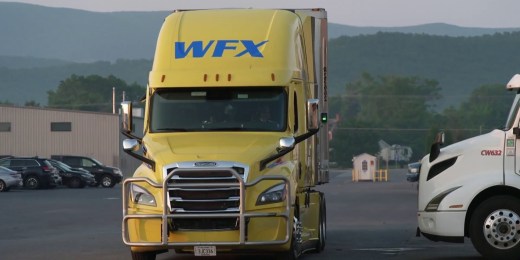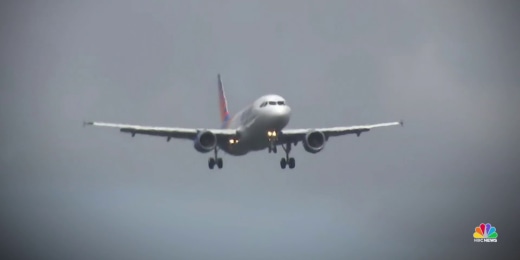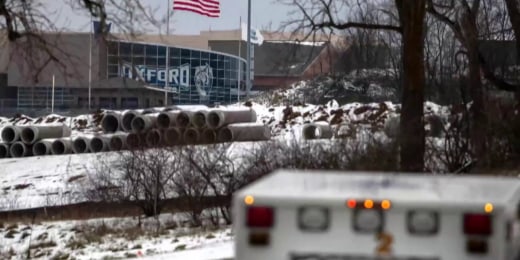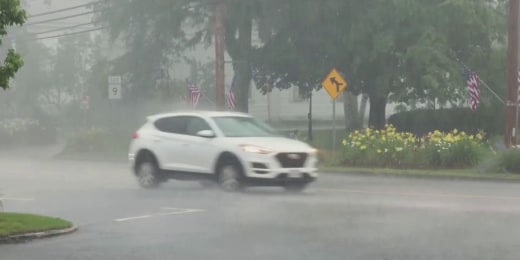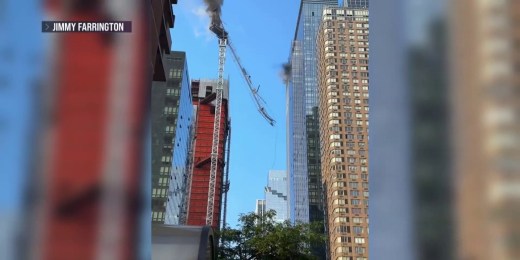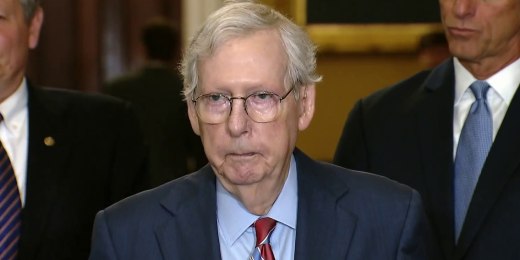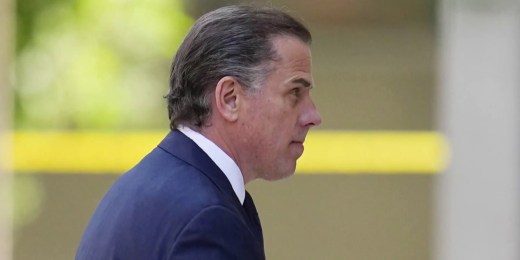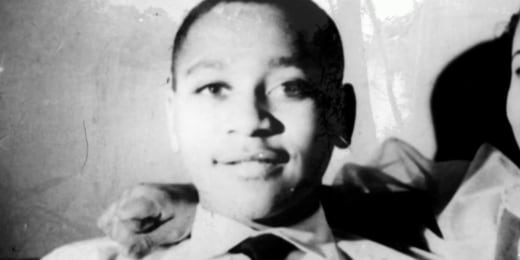Sara England was putting together Ghostbusters costumes for Halloween when she noticed her baby wasn’t doing well.
Her 3-month-old son, Amari Vaca, had undergone open-heart surgery two months before, so she called his cardiologist, who recommended getting him checked out. England assigned Amari’s grandparents to trick-or-treat duty with his three older siblings and headed to the local emergency room.
Once England and the baby arrived at Natividad Medical Center in Salinas, California, she said, doctors could see Amari was struggling to breathe and told her that he needed specialized care immediately, from whichever of two major hospitals in the region had an opening first.
Even as they talked, Amari was declining rapidly, his mother said. Doctors put a tube down his throat and used a bag to manually push air into his lungs for over an hour to keep his oxygen levels up until he was stable enough to switch to a ventilator.
According to England, late that night, when doctors said the baby was stable enough to travel, his medical team told her that a bed had opened up at the University of California-San Francisco Medical Center and that staffers there were ready to receive him.
She, her son and an EMT boarded a small plane around midnight. Ground ambulances carried them between the hospitals and airports.
Amari was diagnosed with respiratory syncytial virus, or RSV, and spent three weeks in the hospital before recovering and returning home.
Then the bill came.
Kevin Painchaud/KFF Health News
The Patient: Amari Vaca, now 1, who was covered by a Cigna policy sponsored by his father’s employer at the time.
Medical Services: An 86-mile air-ambulance flight from Salinas to San Francisco.
Service Provider: Reach Medical Holdings, which is part of Global Medical Response, an industry giant backed by private equity investors. Global Medical Response operates in all 50 states and has said it has a total of 498 helicopters and airplanes. It is out-of-network with Amari’s Cigna plan.
Total Bill: $97,599. Cigna declined to cover any part of the bill.
What Gives: Legal safeguards are in place to protect patients from big bills for some out-of-network care, including air-ambulance rides.
Medical billing experts said the No Surprises Act, a federal law enacted in 2022, could have protected Amari’s family from receiving the $97,000 “balance bill,” leaving the insurer and the air-ambulance provider to determine fair payment according to the law. But the protections apply only to care that health plans determine is “medically necessary” — and insurers get to define what that means in each case.
According to its coverage denial letter, Cigna determined that Amari’s air-ambulance ride was not medically necessary. The insurer cited its reasoning: He could have taken a ground ambulance instead of a plane to cover the nearly 100 roadway miles between Salinas and San Francisco.
“I thought there must have been a mistake,” England said. “There’s no way we can pay this. Is this a real thing?”
In the letter, Cigna said Amari’s records did not show that other methods of transportation were “medically contraindicated or not feasible.” The health plan also noted the absence of documentation that he could not be reached by a ground ambulance for pickup or that a ground ambulance would be unfeasible because of “great distances or other obstacles.”
Lastly, it said records did not show a ground ambulance “would impede timely and appropriate medical care.”
When KFF Health News asked Cigna what records were referenced when making this decision, a spokesperson declined to respond.
Kevin Painchaud/KFF Health News
Caitlin Donovan, a spokesperson for the National Patient Advocate Foundation, said that even though Amari’s bill isn’t technically in violation of the No Surprises Act, the situation is exactly what the law was designed to avoid.
“What they’re basically saying is that the parents should have opted against the advice of the physician,” Donovan said. “That’s insane. I know ‘medical necessity’ is this nebulous term, but it seems like it’s becoming a catch-all for turning down patients.”
On February 5, the National Association of Emergency Medical Services Physicians said that since the No Surprises Act was enacted two years ago, it has seen a jump in claim denials based on “lack of medical necessity,” predominantly for air-ambulance transports between facilities.
In a letter to federal health officials, the group cited reasons commonly given for inappropriate medical-necessity denials observed by some of its 2,000 members, such as “the patient should have been taken elsewhere” or “the patient could have been transported by ground ambulance.”
The association urged the government to require that health plans presume medical necessity for inter-facility air transports ordered by a physician at a hospital, subject to a retrospective review.
Such decisions are often “made under dire circumstances — when a hospital is not capable of caring for or stabilizing a particular patient or lacks the clinical resources to stabilize a patient with a certain clinical diagnosis,” the group’s president, José Cabañas, wrote in the letter. “Clinical determinations made by a referring physician (or another qualified medical professional) should not be second-guessed by a plan.”
Patricia Kelmar, a health policy expert and senior director with the U.S. Public Interest Research Groups, noted, however, that hospitals could familiarize themselves with local health plans, for example, and establish protocol, so that before they call an air ambulance, they know if there are in-network alternatives and, if not, what items the plan needs to justify the claim and provide payment.
“The hospitals who live and breathe and work in our communities should be considering the individuals who come to them every day,” Kelmar said. “I understand in emergency situations you generally have a limited amount of time, but, in most situations, you should be familiar with the plans so you can work within the confines of the patient’s health insurance.”
England said Cigna’s denial particularly upset her.
“As parents, we did not make any of the decisions other than to say, yes, we’ll do that,” she said. “I don’t know how else it could have gone.”
The Resolution
England twice appealed the air-ambulance charge to the insurer, but both times Cigna rejected the claim, maintaining that “medical necessity” had not been established.
The final step of the appeals process is an external review, in which a third party evaluates the case. England said staff members at Natividad Medical Center in Salinas — which arranged Amari’s transport — declined to write an appeal letter on his behalf, explaining to her that doing so is against the facility’s policy.
Using her son’s medical records, which the Natividad staff provided, England said she is writing a letter herself to assert why the air ambulance was medically necessary.
Andrea Rosenberg, a spokesperson for Natividad Medical Center, said the hospital focuses on “maintaining the highest standards of health care and patient well-being.”
Despite receiving a waiver from England authorizing the medical center to discuss Amari’s case, Rosenberg did not respond to questions from KFF Health News, citing privacy issues. A Cigna spokesperson told KFF Health News that the insurer has in-network alternatives to the out-of-network ambulance provider, but — despite receiving a waiver authorizing Cigna to discuss Amari’s case — declined to answer other questions.
“It is disappointing that CALSTAR/REACH is attempting to collect this egregious balance from the patient’s family,” the Cigna spokesperson, Justine Sessions, said in an email, referring to the air-ambulance provider. “We are working diligently to try to resolve this for the family.”
On March 13, weeks after being contacted by KFF Health News, England said, a Cigna representative contacted her and offered assistance with her final appeal, the one reviewed by a third party. The representative also told her the insurer had attempted to contact the ambulance provider but had been unable to resolve the bill with them.
Global Medical Response, the ambulance provider, declined to comment.
England said she and her husband have set aside two hours each week for him to take care of their four kids while she shuts herself in her room and makes calls about their medical bills.
“It’s just another stress,” she said. “Another thing to get in the way of us being able to enjoy our family.”
Kevin Painchaud
The Takeaway
Kelmar said she encourages patients to appeal bills that seem inaccurate. Even if the plan denies it internally, push forward to an external review so someone outside the company has a chance to review, she said.
In the case of “medical necessity” denials, Kelmar recommended patients work with the medical provider to provide more information to the insurance company to underscore why an emergency transport was required.
Doctors who write a letter or make a call to a patient’s insurer explaining a decision can also ask for a “peer-to-peer review,” meaning they would discuss the case with a medical expert in their field.
Kelmar said patients with employer-sponsored health plans can ask their employer’s human resources department to advocate for them with the health plan. It’s in the employer’s best interest since they often pay a lot for these health plans, she said.
No matter what, Kelmar said, patients shouldn’t let fear stop them from appealing a medical bill. Patients who appeal have a high likelihood of winning, she said.
Patients with government health coverage can further appeal insurance denials by filing a complaint with the Centers for Medicare & Medicaid Services. Those who believe they have received an inappropriate bill from an out-of-network provider can call the No Surprises Act help desk at 1-800-985-3059.
This article was produced by KFF Health News, which publishes California Healthline, an editorially independent service of the California Health Care Foundation.
KFF Health News (formerly known as Kaiser Health News, or KHN) is a national newsroom that produces in-depth journalism about health issues. Together with Policy Analysis and Polling, KHN is one of the three major operating programs at KFF (Kaiser Family Foundation). KFF is an endowed nonprofit organization providing information on health issues to the nation.
